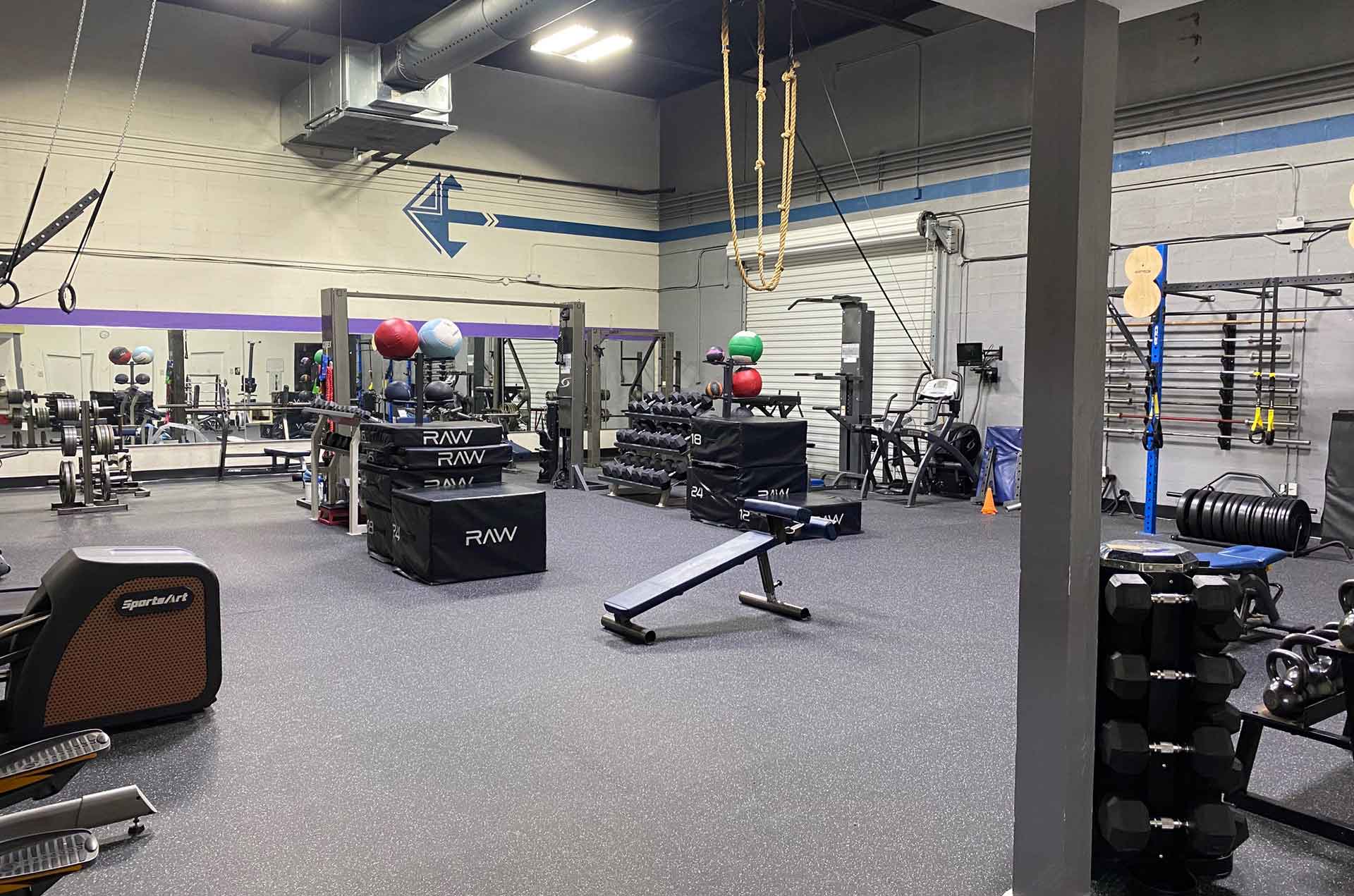Embarking on a weight loss journey can feel overwhelming, but partnering with a skilled weight loss personal trainer transforms this challenge into an achievable and empowering experience. Whether you're a beginner or at an intermediate fitness level, understanding exactly what a personal trainer offers can help you make an informed decision. This guide will walk you through the key elements of weight loss personal training—highlighting assessments, personalized exercise programs, nutrition guidance, motivation strategies, and realistic timelines—so you know what to expect and how to maximize your success.
Introduction to Weight Loss Personal Training
Weight loss personal training is a specialized approach that combines expert exercise plans with tailored nutrition advice to help you reach your fat loss and fitness goals effectively. Unlike generic workout routines, this personalized training is designed to improve your body composition, increase strength, and foster sustainable healthy habits. A weight loss trainer works closely with you to address your individual needs, gym workout routine Daphne, AL lifestyle, and fitness levels, making every session productive and motivating.
By focusing on a combination of cardio training, strength workouts, flexibility exercises, and mindful nutrition, this approach goes beyond simple calorie burning—aiming for long-term transformation while preventing injury and promoting overall well-being.
Initial Fitness Assessment and Goal Setting
Your journey with a weight loss personal trainer begins with a thorough fitness assessment and goal-setting session. This foundational step is crucial to creating realistic expectations and developing a clear, personalized plan based on your current fitness status and lifestyle.
Common Evaluation Methods
During this initial phase, trainers typically use a variety of evaluation tools, such as:
- Body Measurements: Collecting waist, hip, arm, and other circumference measurements to track changes in body composition over time. Progress Photos: Capturing before-and-after images to visually document your transformation. Strength Testing: Evaluating baseline muscular strength and endurance to tailor your strength training routine safely. Cardio Fitness Tests: Assessing cardiovascular health through activities like treadmill tests or timed runs to gauge endurance levels.
This comprehensive assessment helps establish a starting point and informs the design of a workout program focused on fat loss, muscle gain, and overall fitness improvements. Patience and dedication during this stage set the tone for long-term commitment.
Personalized Exercise Plans and Workout Routines
One of the most valuable aspects of working with a weight loss personal trainer is receiving customized workout routines that align perfectly with your goals and capabilities. These plans balance various training elements while considering your schedule, injury history, and preferences.
Typically, your program will include:
- Strength Training: Building lean muscle mass to boost metabolism and enhance body composition. Cardio Training: Incorporating varied intensity intervals and steady-state sessions to maximize fat burning. Flexibility Training: Stretching and mobility exercises to prevent injury and improve recovery. Recovery Methods: Guidance on rest days, active recovery, and self-care techniques to support muscle repair.
Balancing Fat Loss and Muscle Gain
An expert trainer carefully balances fat loss with muscle gain by designing workouts that promote strength development without sacrificing caloric deficit goals. This combination leads to a healthier body composition, where fat decreases, and lean muscle increases—resulting in improved shape and functional fitness.
Session frequency and workout intensity will be managed strategically to avoid burnout and promote consistency, two critical factors in sustaining progress.
Nutrition Guidance and Dietary Changes
Exercise alone rarely delivers optimal weight loss results—nutrition plays a pivotal role. Your personal trainer will provide evidence-based nutrition advice, often collaborating with dietitians or offering tailored dietary strategies.
Typical nutritional support includes:
- Calorie Counting and Macro Tracking: Understanding your energy needs and adjusting protein, fat, and carbohydrate intake. Mindful Eating and Portion Control: Developing awareness around hunger cues and appropriate serving sizes. Meal Prepping Tips: Encouraging consistent healthy eating through easy-to-follow recipes and planning. Cheat Meals Guidance: Educating on how to incorporate indulgences without derailing progress. Supplement Advice: Recommending safe supplements when appropriate, complementing your diet.
This holistic approach ensures that dietary changes are sustainable, enjoyable, and aligned with your fitness goals.
Motivation, Accountability, and Support
A personal trainer is more than just a coach—they are your motivational partner and accountability system. Regular check-ins and positive reinforcement help you stay committed, especially during challenging phases.
Expect your trainer to integrate:
- Consistent encouragement to maintain a positive mindset and boost confidence. Strategies for self-care, including stress management and mental wellness tips. Sleep quality improvement suggestions, essential for recovery and hormonal balance. Hydration reminders to optimize performance and health.
This comprehensive support system helps you build habits that extend beyond the gym, fostering overall well-being.
Tracking Progress and Adjusting Programs
Tracking your progress is integral to maintaining motivation and ensuring your training stays effective. Your trainer will use a mixture of traditional and modern tools such as:
- Activity trackers and fitness technology apps to monitor workouts and daily movement. Regular body measurements and progress photos to visually and quantitatively assess change. Open communication channels to discuss what's working and what needs adjustment.
Programs are dynamic and will evolve based on your progress, lifestyle changes, and feedback, ensuring continuous results without plateaus.

Timeline for Results and Realistic Expectations
One of the most common questions is, "How soon will I see results?" While fast results are appealing, sustainable weight loss requires patience, consistency, and commitment. Most clients begin to notice visible changes within 4 to 8 weeks, accompanied by improved strength and energy levels.
Keep in mind:
- Weight loss is not always linear; fluctuations are normal. Consistency over months leads to lasting transformation. Focus on long-term health and lifestyle improvements rather than quick fixes.
Your trainer will help set achievable milestones and celebrate each success to keep you motivated throughout the process.

Cost, Experience Level, and Trainer Qualifications
Understanding trainer qualifications and pricing is essential before committing. Certified trainers with credentials from reputable organizations demonstrate expertise and professionalism.
Certification Description NASM National Academy of Sports Medicine – Focus on corrective exercise and personal training methodologies. ACE American Council on Exercise – Emphasizes comprehensive fitness and weight management education. ACSM American College of Sports Medicine – Known for advanced knowledge on exercise science and clinical populations.
Costs vary depending on location, experience, and session format. Expect to pay between $50-$150 per session, with packages often offering better value. Trainers may offer:
- In-person sessions at gyms or private studios Online or hybrid coaching for flexibility Varying session frequencies based on your availability and goals
Transparency about costs, expectations, and cancellation policies helps build trust and ensures a smooth partnership.
Common Questions Before Hiring a Weight Loss Personal Trainer
Choosing the right personal trainer involves asking important questions to clarify your expectations and their offerings:
- What certifications and experience do you have in weight loss training? How many sessions per week will I need for optimal results? Do you provide personalized nutrition advice or collaborate with nutritionists? What should I bring to my first session? How will you track my progress and communicate updates? Can your program accommodate my specific injuries or health concerns? Do you offer remote coaching options? What is your cancellation policy and cost breakdown?
Answering these upfront will give you confidence in your choice and set a foundation for success.
Partnering with a weight loss personal trainer in 2025 means gaining expert guidance tailored to your unique body and lifestyle. From a detailed fitness assessment and customized exercise plans to nutrition support and ongoing motivation, you’ll receive a holistic program designed for sustainable fat loss and improved health. By setting realistic expectations, tracking your progress diligently, and choosing a qualified trainer whose values align with yours, you position yourself for long-lasting results that go beyond the scale. Ready to take the next step? Reach out to a certified weight loss personal trainer today and transform your fitness journey into a lasting lifestyle change.